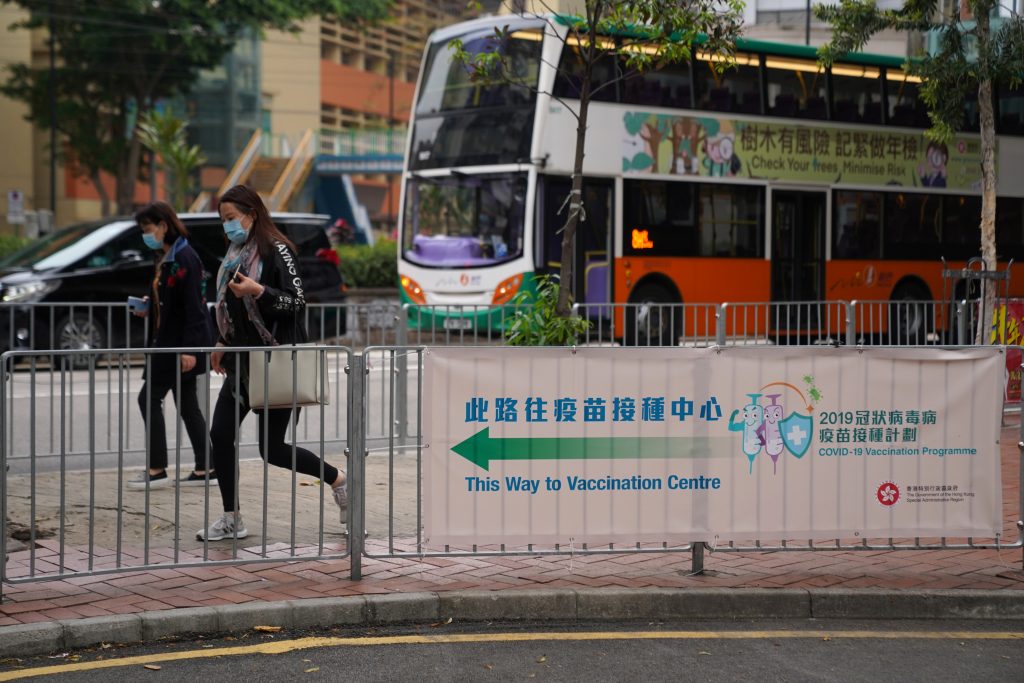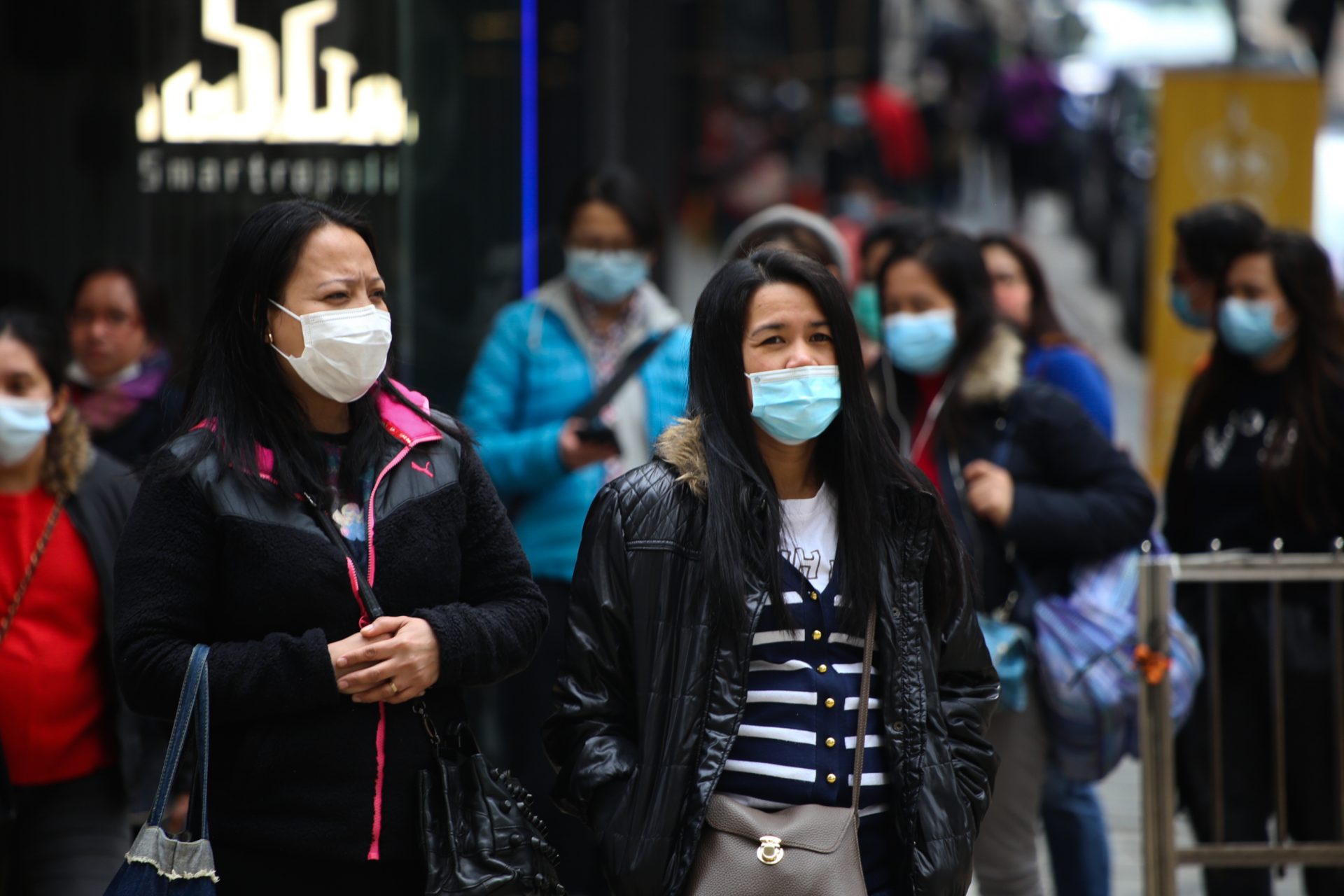The Philippines welcomed Hong Kong’s decision to suspend mandatory coronavirus vaccinations for foreign workers.
“We appreciate the gesture of [Hong Kong Chief Executive Carrie Lam,]” said Philippine government spokesman Harry Roque on Tuesday, May 4.
Lam earlier announced that Hong Kong authorities would reexamine the vaccine requirement for domestic helpers following complaints raised from some sectors, especially from Manila.
Philippine Foreign Affairs Secretary Teodoro Locsin Jr. also expressed gratitude to Lam.
“I am so proud to know Carrie Lam. Her responses are always quick yet wise. Hong Kong’s best leader since China lost the island in the Opium War. Thank you, Ma’am,” Locsin posted on Twitter.
The Philippine government has earlier said it recognized Hong Kong’s plan to require mandatory vaccination but urged Hong Kong not to single out overseas Filipino workers.
Locsin earlier claimed that Hong Kong’s vaccination rule “smacks of discrimination” and was unfair to other nationalities.
The Episcopal Commission on the Pastoral Care of Migrants and Itinerant People of the Philippine bishops’ conference also questioned the move to require mandatory vaccination for foreign workers.
“We must take into consideration personal health and consent of persons,” said Bishop Ruperto Santos of the commission.
“It should never be forced and no one should be coerced,” he said, even as he added that vaccination is “our lasting service for all, that is, we keep them protected from coronavirus.”
He said Filipino workers in Hong Kong should not be “singled out or labeled as dangerous or potential carriers” of the coronavirus disease.

While the planned vaccination rule for foreign domestic workers is under review, Hong Kong will continue with the compulsory COVID-19 testing rule.
“Of course we welcome also the mandatory testing,” said Roque, adding that the Philippine government has no objection to the initiative.
Dolores Balladares, chairperson of migrant workers’ group United Filipinos in Hong Kong, welcomed the suspension of mandatory vaccines.
“But we are calling for scrapping the mandatory testing and vaccine policy entirely, as it punishes and criminalizes domestic workers,” she told the Thomson Reuters Foundation.
“We are in favor of testing and vaccination on a voluntary basis,” she said. “But singling us out and making it mandatory is discriminatory and leads to further stigmatisation,” added Balladares.
The decision to get all domestic workers tested was made because the strain was highly transmissible, and the worker had met with other domestic workers before testing positive, said Sophia Chan, health secretary of the financial hub.
“Therefore, for prudence’s sake, we think we should test all the foreign domestic helpers in Hong Kong,” Chan said.
Many Hong Kong residents have been hesitant about getting a vaccine since the roll out began in February, with overall figures far below satisfactory, Lam previously said.
Domestic workers have been blamed for coronavirus outbreaks elsewhere in the region, as well, with a surge of cases in foreign-worker dormitories in Singapore drawing attention to their squalid living conditions.
“We understand that testing and vaccination are for the health of the worker, the employer and the community,” said Balladares.
“But we’ve been subject to exclusion and discrimination throughout the pandemic, and unfairly blamed for the outbreak,” she added. – with additional reporting from Thomson Reuters Foundation







